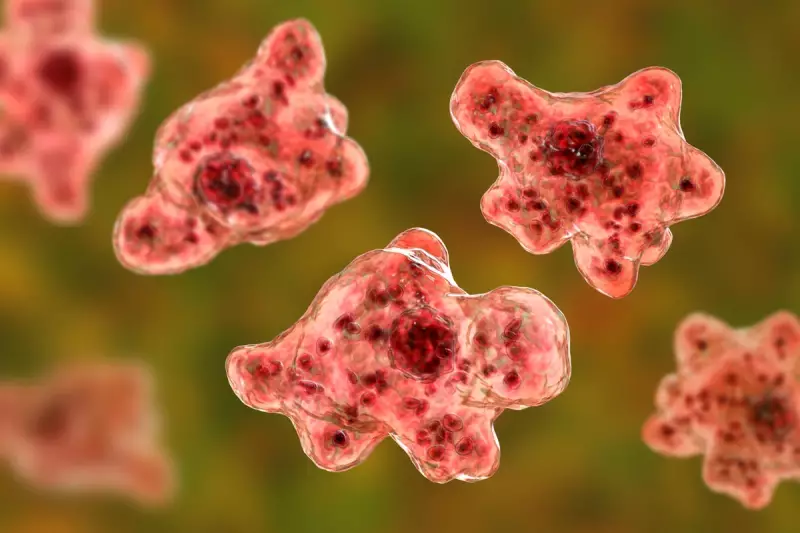
Health authorities in the southern Indian state of Kerala are on high alert following the tragic death of a child from a rare and devastating infection caused by the so-called 'brain-eating amoeba'.
The victim, a five-year-old girl from Malappuram district, is the fifth fatality from Primary Amoebic Meningoencephalitis (PAM) in the state since May. This has prompted urgent warnings from officials about the dangers of the microscopic organism, Naegleria fowleri.
What is Naegleria Fowleri?
Naegleria fowleri is a free-living amoeba typically found in warm, freshwater bodies such as lakes, rivers, and poorly maintained swimming pools. It can also, in rare cases, be present in contaminated tap water.
The infection occurs when water containing the amoeba enters the body through the nose. From there, it travels to the brain, causing severe destruction of brain tissue. It is crucial to note that the infection cannot be contracted by drinking contaminated water.
A Rapid and Devastating Illness
The symptoms of PAM are swift and severe, typically appearing about five days after exposure. The health department outlined the progression of the illness:
- Initial stage: Headache, fever, nausea, and vomiting.
- Advanced stage: Stiff neck, seizures, hallucinations, and coma.
The disease progresses rapidly and is almost always fatal, with a mortality rate exceeding 95%.
Urgent Public Health Advisory Issued
In response to the recent death, the Kerala health department has issued a crucial advisory for residents and visitors. The public is strongly urged to:
- Avoid swimming and diving in freshwater bodies with high temperatures.
- Use chlorinated or boiled water for nasal cleansing and religious rituals.
- Ensure swimming pools are adequately chlorinated and maintained.
- Seek immediate medical attention if any symptoms appear after exposure to freshwater.
While the infection is extremely rare, its devastating outcome makes prevention and awareness absolutely critical. Health officials continue to monitor the situation closely.





